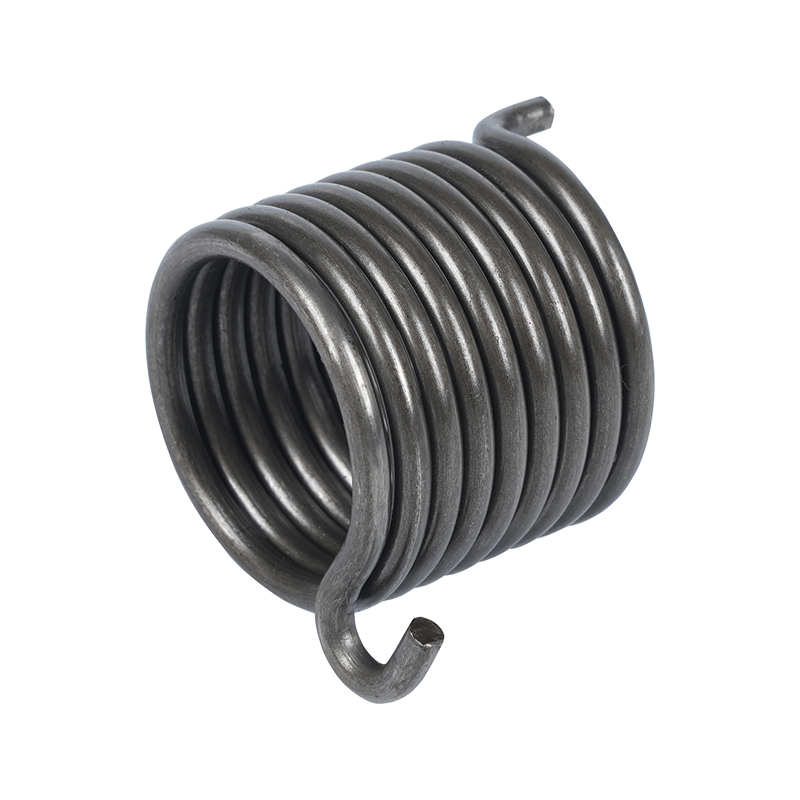Understanding Causes Of Production Failures: Precision Wire Forming And Custom Sheet Metal Stamping
Precision wire forming involves shaping metal wires into intricate designs with high accuracy. The process requires careful calibration of machinery and precise control over variables such as tension, speed, and material quality. Common causes of production failures in precision wire forming include:
1. Material Defects: Poor-quality wire or inconsistencies in material composition can defects during forming, compromising the final product's integrity.
2. Tooling Issues: Wear and misalignment of forming tools can result in inaccuracies or damage to the wire, causing deviations from design specifications.
3. Machine Calibration: Improper calibration of machinery settings, such as tension levels or feed rates, can advance to variations in wire dimensions and shape, affecting product quality.
4. Environmental Factors: Changes in temperature or humidity can impact the material properties of the wire, influencing its behavior during forming processes.
Addressing Challenges in Custom Sheet Metal Stamping
Custom sheet metal stamping involves shaping flat metal sheets into desired configurations using stamping dies. This process requires precise alignment of dies, consistent material feed, and proper lubrication to prevent defects. Common causes of production failures in custom sheet metal stamping include:
1. Die Misalignment: Improper alignment of stamping dies can result in uneven material distribution, professional to defects such as wrinkles, tears, or uneven bends in the metal.
2. Material Thickness Variations: Inconsistent material thickness across the metal sheet can cause difficulties in achieving uniform stamping results, affecting part quality.
3. Lubrication Issues: Insufficient or improper application of lubricants can increase friction between the metal sheet and the die, causing scratches or surface imitations.
4. Die Wear and Maintenance: Wear and damage to stamping dies over time can diminish their effectiveness, resulting in lower-quality stamped parts and increased production downtime.
Mitigating Risks and Enhancing Production Efficiency
To mitigate the risks associated with production failures in precision wire forming and custom sheet metal stamping, manufacturers can implement several strategies:
- Quality Control Measures: Implement rigorous inspection protocols to detect material defects and ensure compliance with design specifications.
- Regular Maintenance: Conduct routine maintenance of machinery and tooling to prevent wear and ensure good performance during production runs.
- Process Optimization: Continuously monitor and adjust process parameters to optimize efficiency and less variations in product quality.
- Training and Skills Development: Provide training programs to operators and technicians to enhance their understanding of equipment operation and troubleshooting techniques.
Implementing Effective Solutions
To effectively address the challenges in precision wire forming and custom sheet metal stamping, manufacturers can adopt proactive measures that enhance process reliability and product quality.
Advanced Quality Assurance Techniques
Implementing advanced quality assurance techniques is crucial for detecting and mitigating potential issues early in the production cycle. Techniques such as automated inspection systems and real-time monitoring of process parameters can provide immediate feedback on product quality. By leveraging these technologies, manufacturers can reduce the likelihood of defects caused by material inconsistencies or machine malfunctions.
Enhanced Tooling and Equipment Maintenance
Regular maintenance of tooling and equipment is essential to ensure good performance and longevity. Scheduled inspections and preventive maintenance routines help identify and rectify issues like die wear or misalignment before they impact production. Additionally, investing in high-quality tooling materials and technologies can less wear and enhance the precision and durability of forming and stamping processes.
Continuous Process Optimization
Continuous process optimization involves refining manufacturing processes to improve efficiency and consistency. Utilizing data analytics and statistical process control techniques allows manufacturers to identify trends, variations, and potential sources of inefficiency. By optimizing parameters such as feed rates, tooling clearances, and material handling practices, manufacturers can achieve tighter tolerances and higher throughput without compromising quality.
Training and Skill Development
Investing in training and skill development for personnel involved in precision wire forming and custom sheet metal stamping is instrumental in maintaining operational excellence. Comprehensive training programs ensure that operators are proficient in equipment operation, troubleshooting techniques, and adherence to quality standards. Well-trained personnel are better equipped to identify and address issues promptly, with less downtime and production delays.
Embracing Technological Innovations
Embracing technological innovations such as robotic automation and advanced manufacturing technologies can revolutionize production processes. Robotics can handle repetitive tasks with high precision, reducing human error and enhancing consistency in forming and stamping operations. Furthermore, integrating digital twins and virtual simulations allows manufacturers to optimize processes and predict potential challenges before implementation.
By implementing these proactive strategies, manufacturers can mitigate the risks associated with production failures in precision wire forming and custom sheet metal stamping. Enhancing quality assurance, optimizing processes, maintaining equipment reliability, and investing in workforce capabilities are pivotal in achieving operational excellence and delivering predominant products to the market. As the manufacturing landscape continues to evolve, continuous improvement and innovation will be key drivers of success in these critical manufacturing processes.


 English
English русский
русский Español
Español











